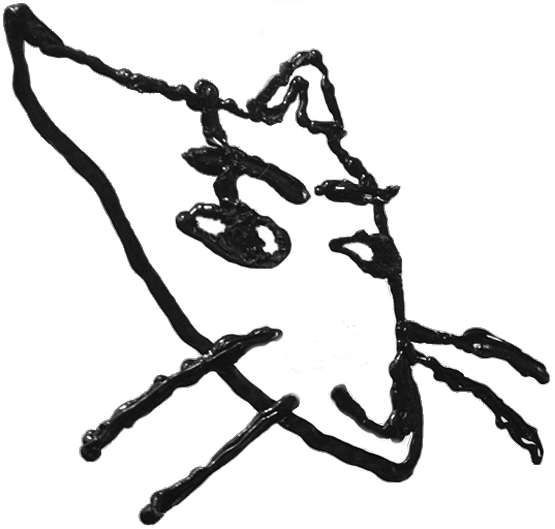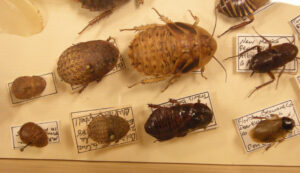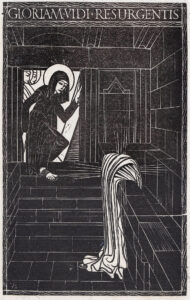NOTE: DEADLINE HAS BEEN EXTENDED TO NOVEMBER 20.
In honor of the memory of our friend, the annual Irena C Katz Prize will award one translator a $1000 cash prize for the best English translation of a work of fiction, non-fiction, and/or poetry from any language.
Irena C. Katz was born in 1960 in Moscow, the daughter of a garment show designer and an auto mechanic turned publisher and writer. A beloved teacher, wife, mother, and friend to many of us, she read voraciously all her life.
As a child, Irena had memorized every capital of every country in the world by third grade; as an adult, she volunteered as an underground Samizdat translator and got in trouble with the Komsomol for watching too many foreign films. After applying to leave the Soviet Union, having met the American Jerry Katz, who was bringing long underwear to prisoner of conscience Alexander Paritsky, Irena was expelled from her nearly completed PhD program in British and French literature at Moscow State University where she was writing on late eighteenth century pre-Romanticism. She was one of only a handful of people permitted to exit the country in 1985. After arriving in Boston, she lived for six years in a log cabin in the woods without electricity or running water. She simultaneously taught Russian and Russian literature at Boston University for a cumulative total of nearly 35 years, where she was a devoted, demanding, and compassionate mentor to generations of students. Irena had an insatiable sense of adventure and she traveled almost the entire globe—from Syria and Antarctica to the Gobi Desert and the Northern Turkish Republic of Cyprus.
Among many projects, she took part in the translation of the Complete Poems of Anna Akhmatova, named by the New York Times Book Review one of its 1990 fourteen Best Books of the Year. She read Proust in French all the way through continuously, beginning anew after finishing the seventh volume. She gave generously to refugees and prisoners in Russia, Belarus, and Ukraine. She celebrated beauty in art, in nature, and in people, but she would often forget what food she ate. Her colleagues described her as incorruptible, living her ideals without compromise and putting down her roots in a soil of universal culture. Irena’s love of language and of life set the world on fire. Her spirit shines on.
Пустота. Но при мысли о ней
видишь вдруг как бы свет ниоткуда.
Знал бы Ирод, что чем он сильней,
тем верней, неизбежнее чудо.
Emptiness. But as you think about her
you see as if light out of nowhere.
If only Herod knew that the stronger he is,
the more true and more certain the miracle.
Joseph Brodsky from “December 24, 1971”
Details: To submit a work for the Irena Katz Prize, please email it as an attachment to mousemageditors@gmail.com with the subject line: “Irena Katz Prize Submission: [Your name], [Title of Work Translated].” Any format of any length is fine. Submissions are open until November 20. The winner will be announced January 1, 2024.




